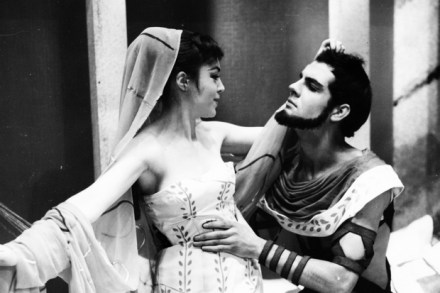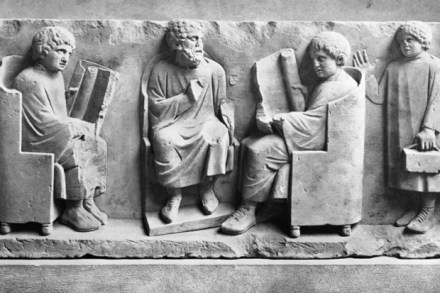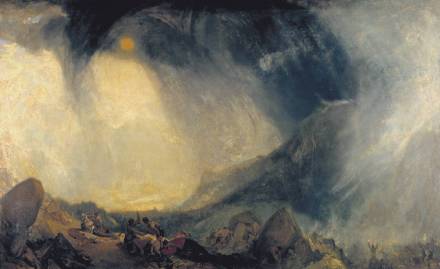Syriza could have learned from Aristophanes. Instead it’s headed for Greek tragedy
The German chancellor Angela Merkel has expressed her desire for Greece to remain part of the European ‘story’. Since Greeks — together with the Romans and Jews — actually created that story over the past 2,500 years, it is hard to see how they could not. With help from the Romans, they laid the foundations of western history, philosophy, politics, education, architecture and literature, this last including epic, tragedy, lyric, pastoral and, especially, comedy. In facing up to Europe, Syriza has the potential to keep that comic tradition alive. Aristophanes’ comedies envisage the little man or woman heroically taking on the big boys and winning through against all the odds, celebrating victory








